
News
Latest news and updates from celebrity gossip to stories around the world.

The deadline for the Department of Justice to release all the Epstein files came and went last Friday (19 December)
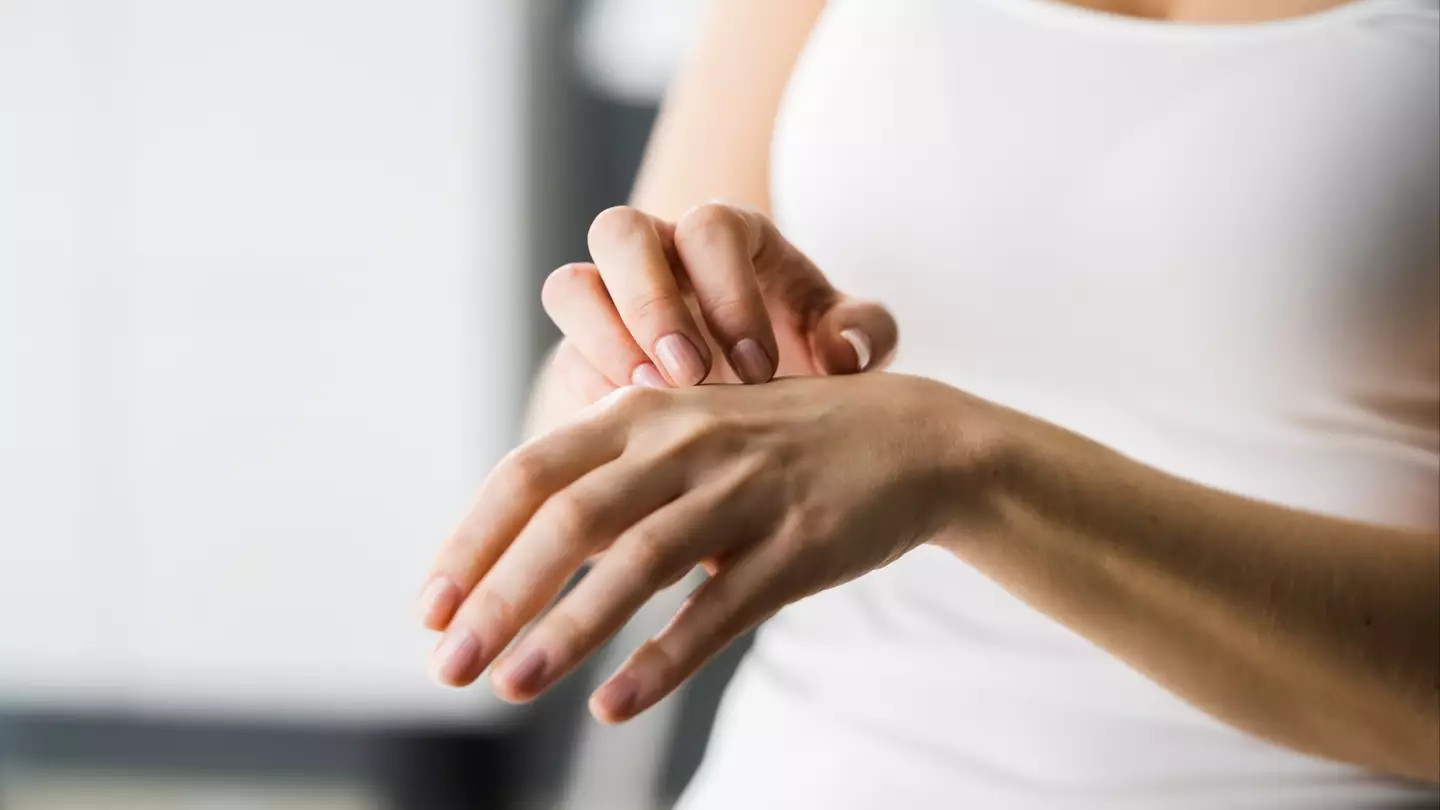
What does it mean if your left hand is itching?

Some changes are nearly instant after you ditch the vapes

The 42nd president of the US is seen swimming in a pool with Epstein, Ghislaine Maxwell, and an anonymous woman
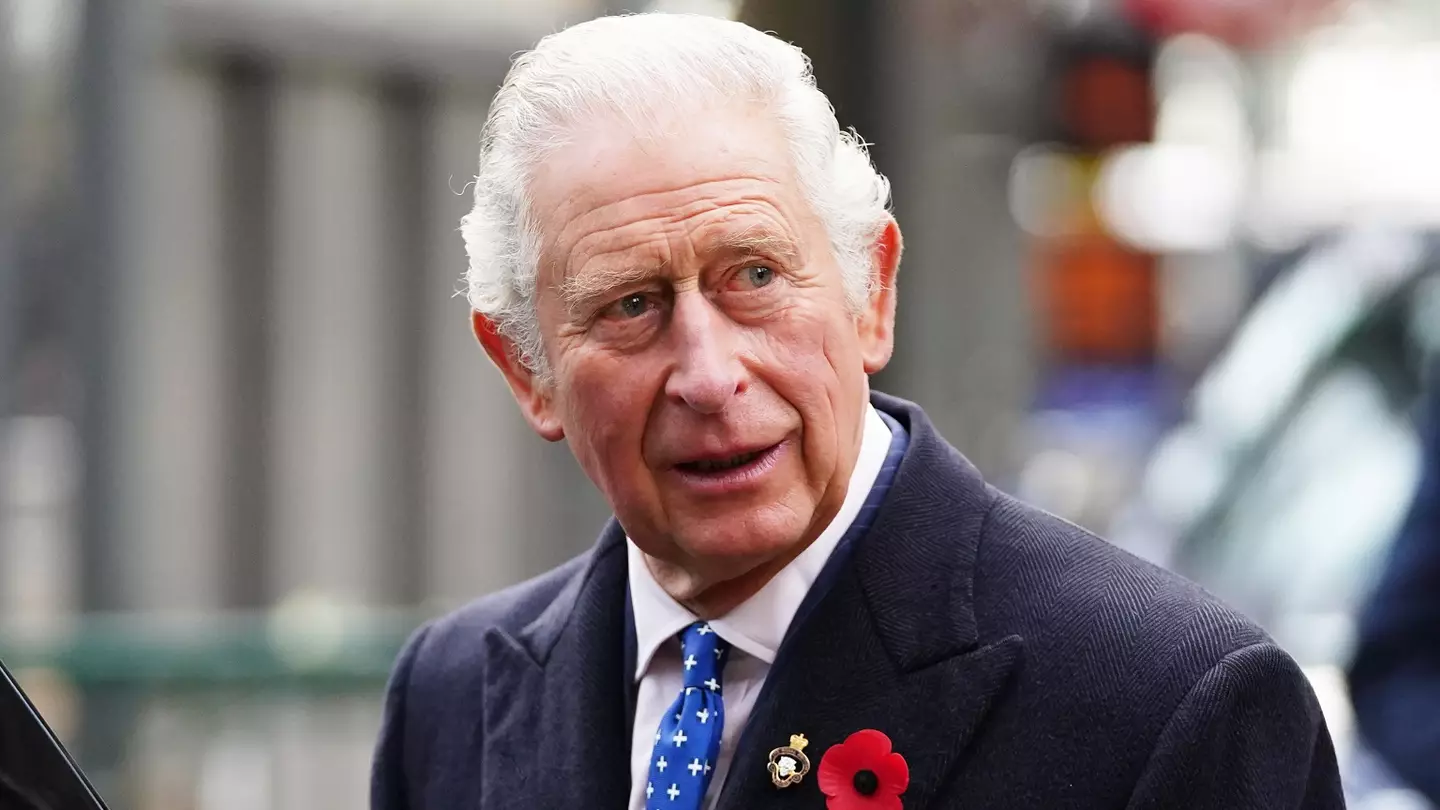
Charles is definitely rich, but there are richer aristocracy than him

The European royal family was overthrown back in the 1970s
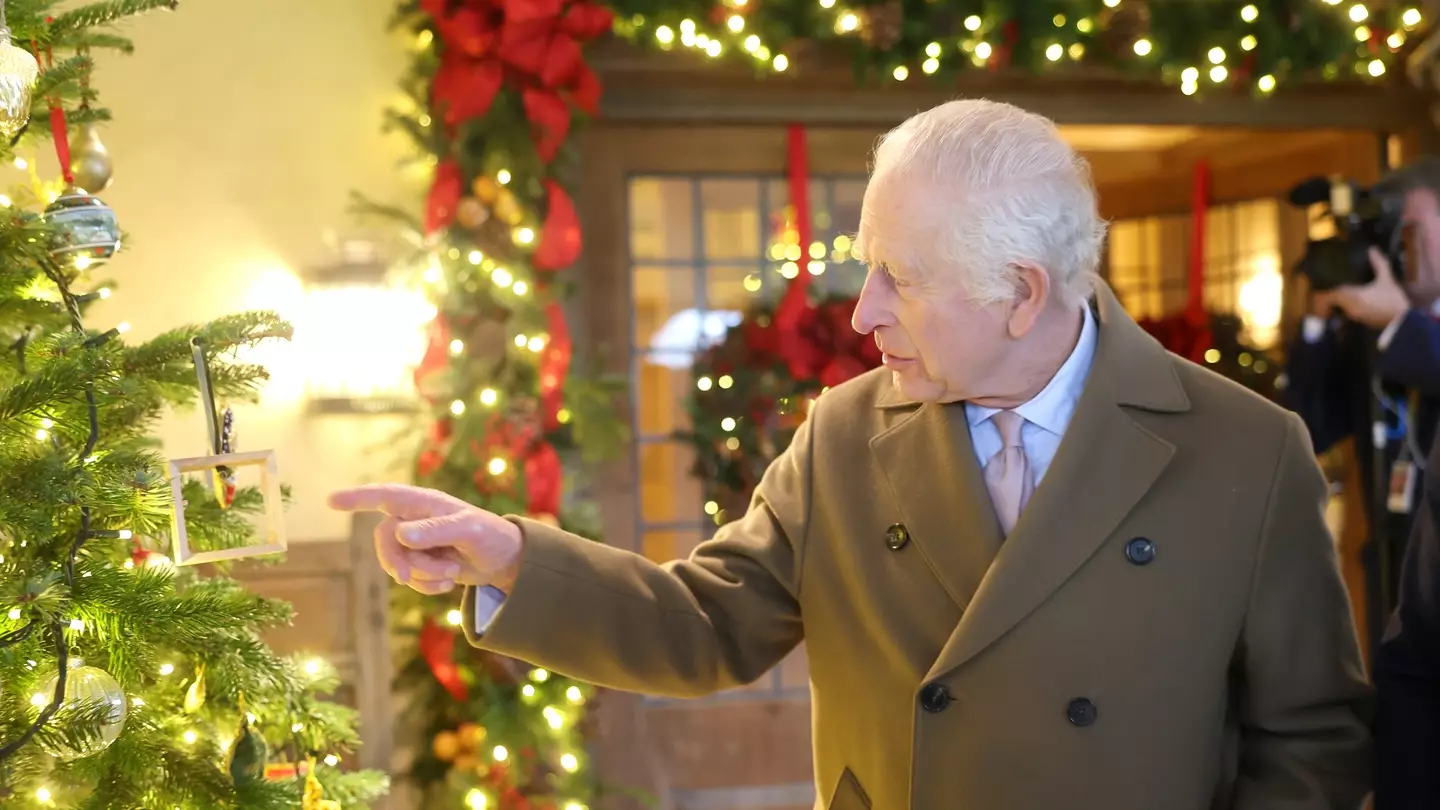
Several senior royals will join the King at Sandringham - including the Wales', the Duke and Duchess of Edinburgh, and the Princess Royal
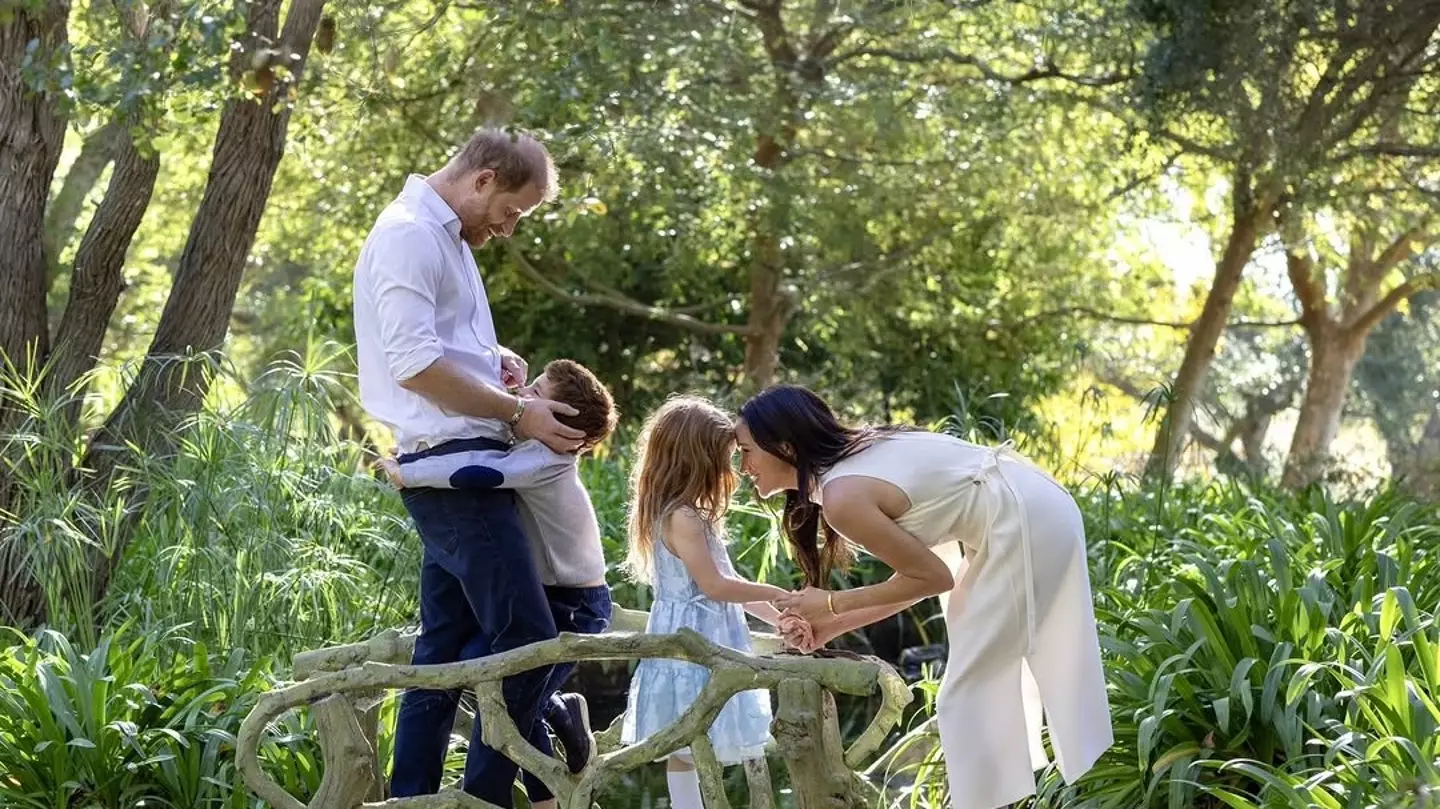
Both Harry and Meghan and William and Kate's Christmas cards this year were hit with photoshop claims

A family spokesperson has released a statement following his passing

Andrew Mountbatten-Windsor and Sarah Ferguson had their royal titles stripped in light of revelations over their links to Jeffrey Epstein

Both Keough and her grandmother, Priscilla Presley, have responded to the 'deeply hurtful' claims

The Prince of Wales brought 12-year-old son Prince George to volunteer with workers at the South London charity, The Passage
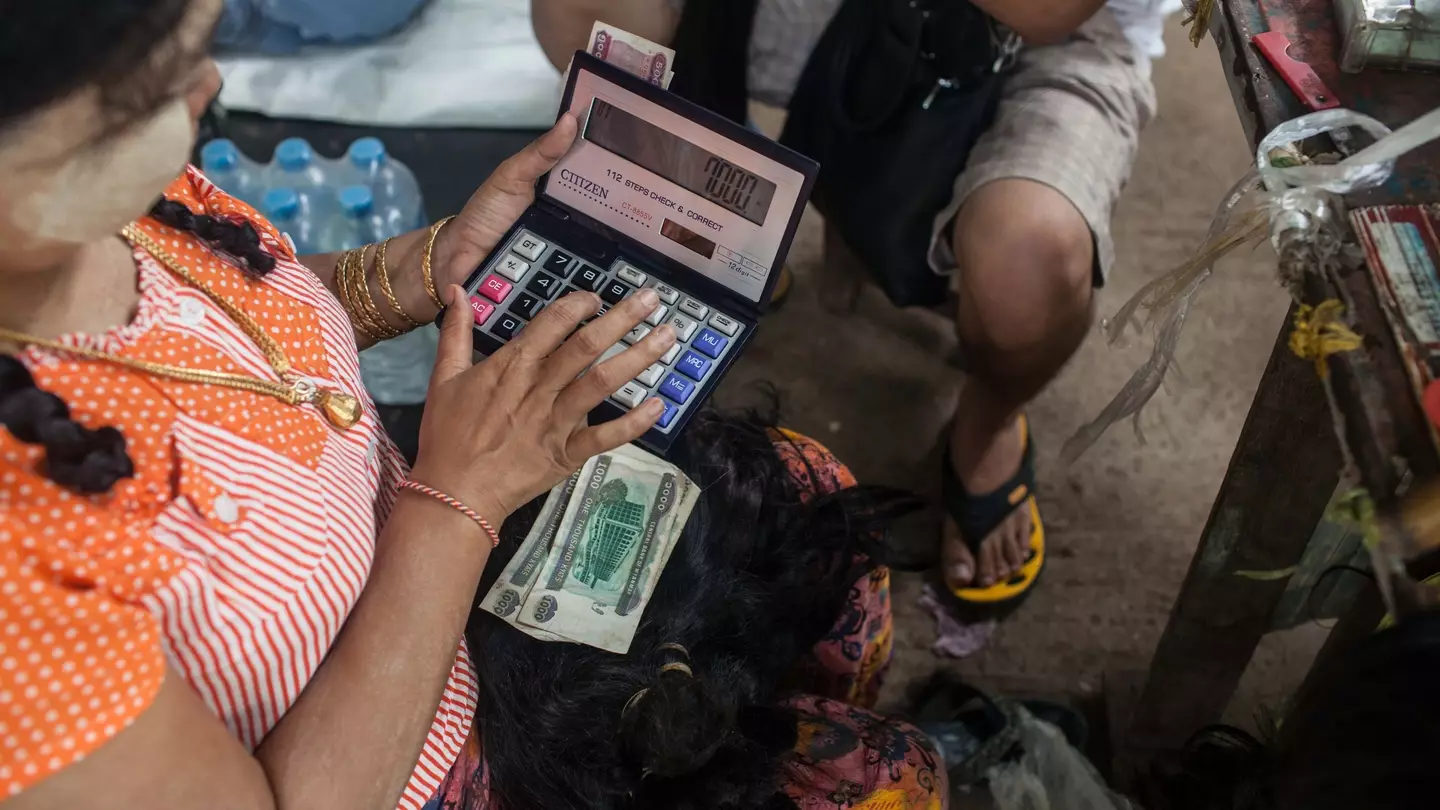
Hair extensions are a massive global market, but for many mass-produced products, the truth of how they're sourced is rooted in exploitation
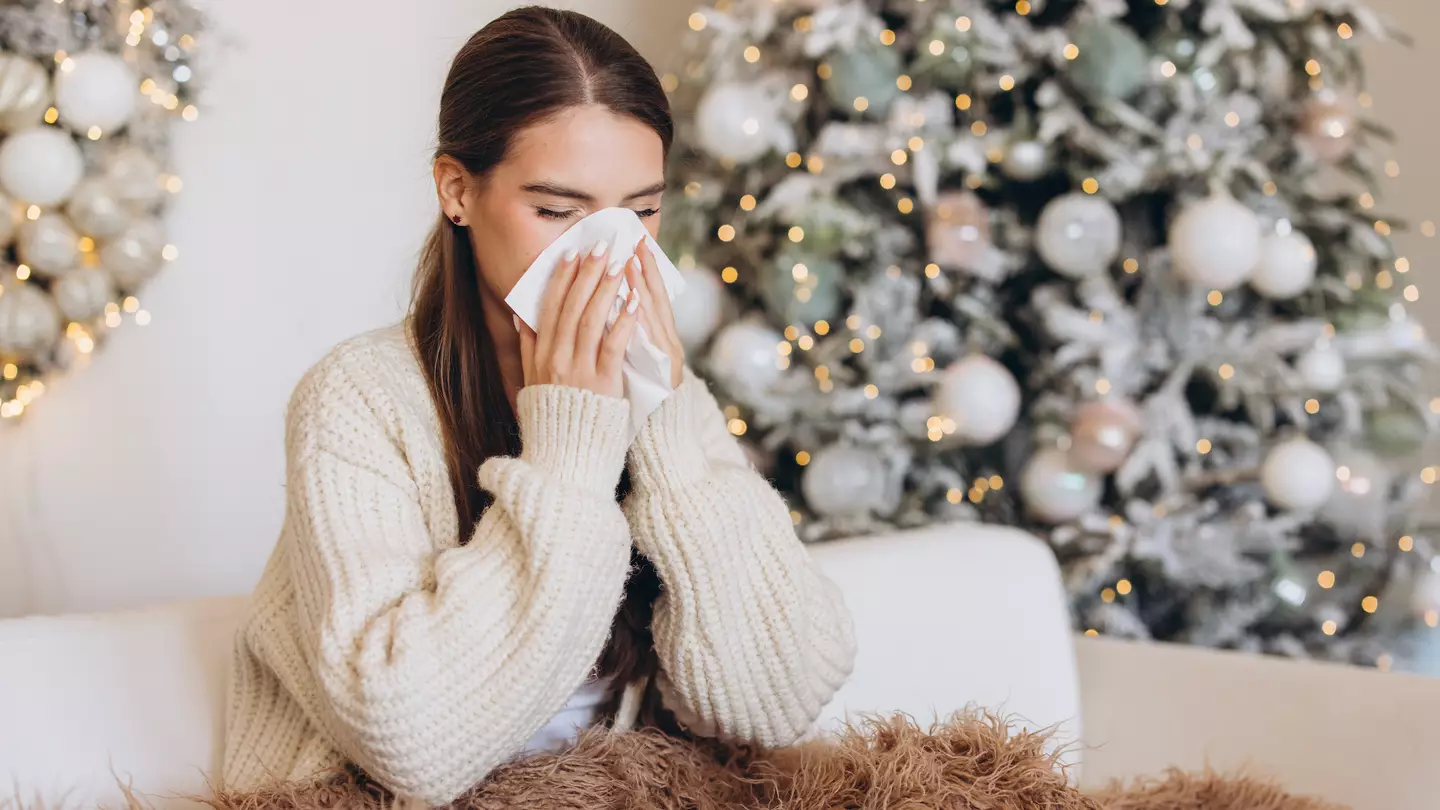
You really don't want to be spending the big day wrestling with a bunch of unpleasant symptoms
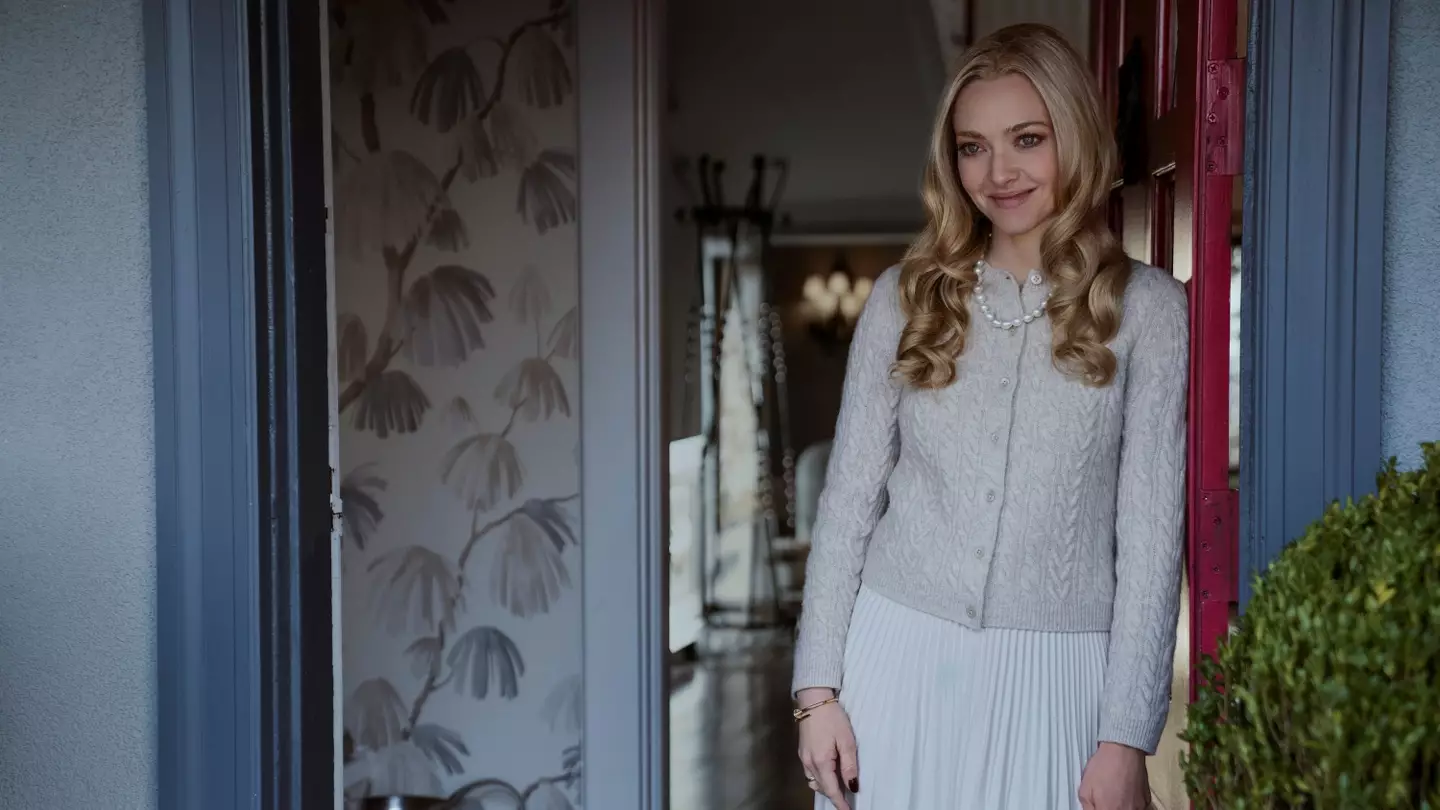
The original author has spoken out following the release of Sydney Sweeney's new thriller

The beloved Irish singer tragically died in 2000 aged 41 after being hit by a speedboat in Mexico
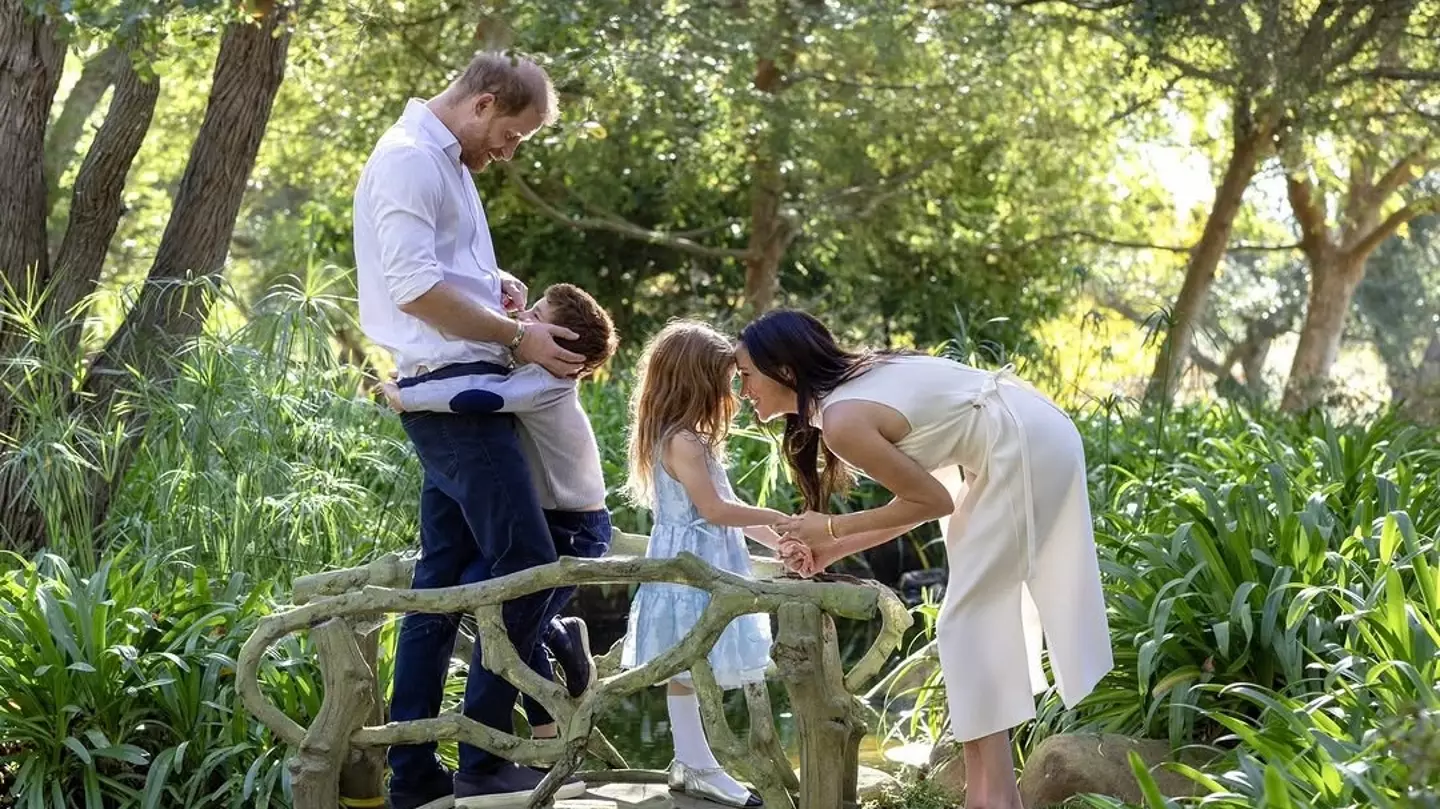
The Duke and Duchess of Sussex shared a double-whammy of Christmas cards last week
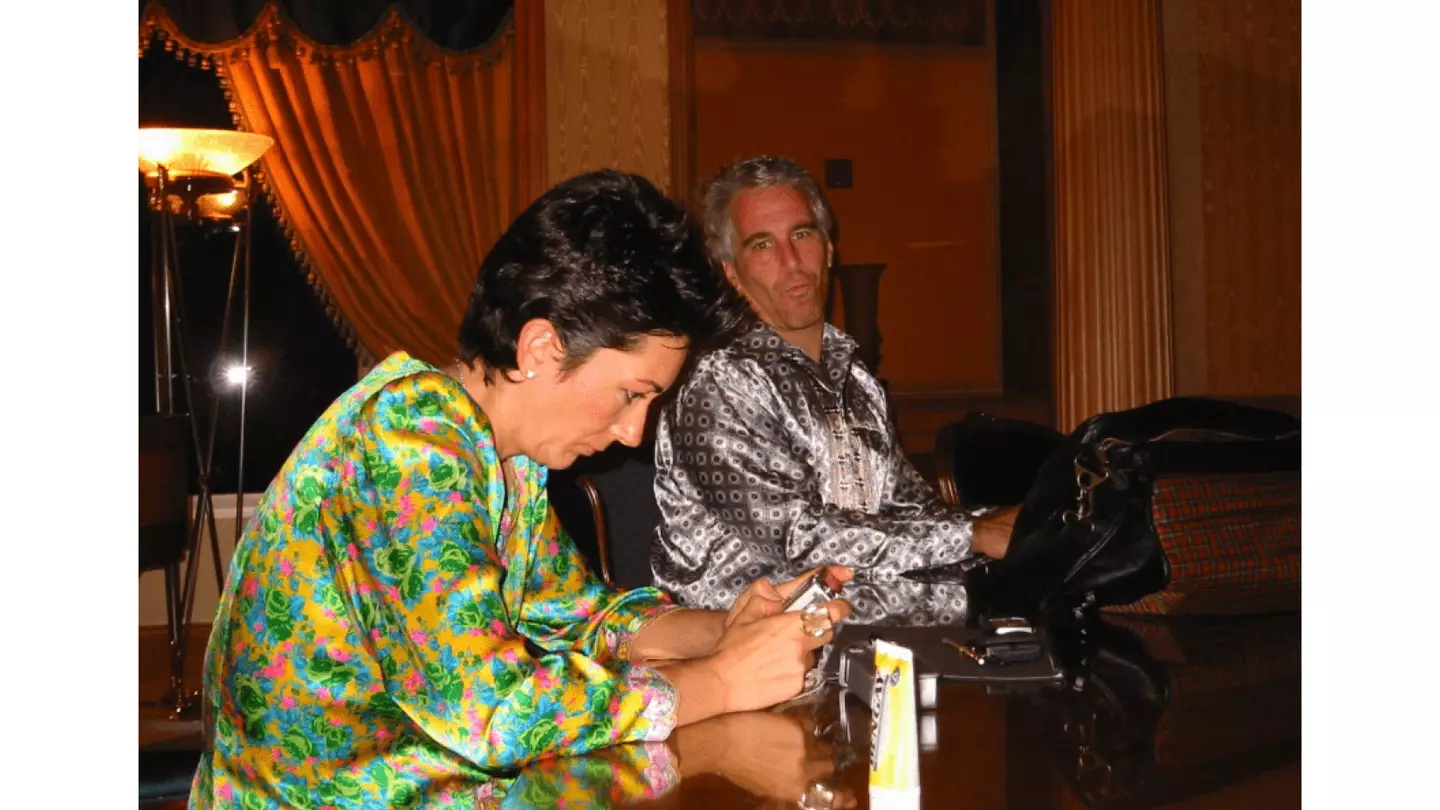
The reinstated image shows Donald Trump with wife Melania, sex offender Jeffrey Epstein and his now-jailed associate, Ghislaine Maxwell

The US Justice Department released the first batch of Jeffrey Epstein files on Friday (19 December)

The rapper made a surprise appearance at a Turning Point USA event on Sunday (21 December)

Robert F. Kennedy Jr slammed 'so-called gender affirming care' as 'malpractice' in a highly controversial speech
.png)
The Sussexes have shared Christmas cards every year since their 2018 wedding

The Duchess of Sussex posted the adorable family photo to Instagram

The newly-implemented Turning Point USA CEO Erika Kirk made a joke about conspiracy theories spread by Owens

